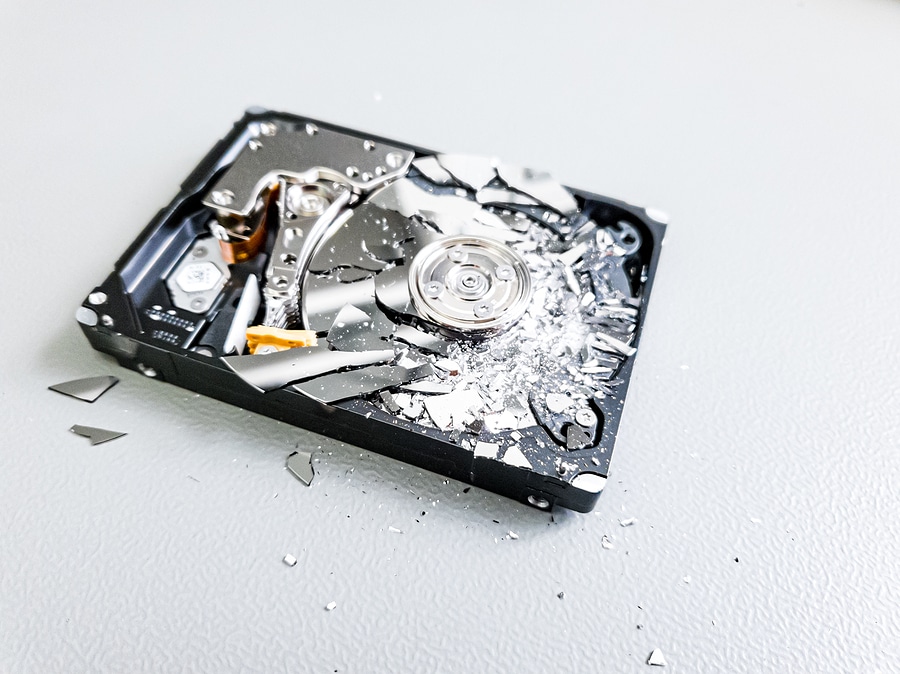Are Your Data Destruction Practices Outdated?

Chances are good that your North Dakota business already has some data destruction practices in place. In this day and age, the threat of data breach is enough to make even small operations wary of going unprotected or letting sensitive consumer information fall into the wrong hands.
As a result, you have probably adopted a range of technologies, policies, and practices designed to keep data secure, from protecting digital data, to discarding outdated IT assets. Still, if you haven’t reviewed your efforts in a few years (or more), you may be operating on outdated information, and as a result, your security procedures may not be up to snuff.
In addition to updating policies and procedures meant to protect digital data, you should also revisit your data destruction practices. How can you tell if they’re outdated and what can you do to modernize and protect confidential consumer and company data?
Data Destruction Rules and Regulations
Because technology advances so rapidly, rules and regulations are constantly changing to account for new digital data trends, as well as new threats. It’s imperative that you understand the rules and regulations that affect your business, including consumer privacy laws (federal, state, and sometimes even local), as well as industry-specific regulations like HIPAA, FACTA, GBLA, and more.
These rules can apply to multiple forms of data destruction, including both digital and hard copy formats. This means you need to stay up-to-date with parameters for properly disposing of documents and IT assets like hard drives, equipment, and devices that store sensitive data.
For example, hard drives must either be shredded or wiped in order to comply with consumer privacy laws. Document shredding requires the use of cross-cutting equipment, and there are size restrictions that paper confetti cannot exceed.
This can be a lot for many businesses to deal with, especially when laws change. For this reason, you’ll find it preferable to outsource data destruction to a certified ITAD service provider than has the right equipment and the knowledge to ensure compliance on your behalf.
Data Retention Policies
You might be so concerned with data destruction that you forget about the onus of complying with data retention rules. How long you must retain certain business records will not only vary by state, but by the type of data in question, so it’s a good idea to understand your obligations when it comes to the correct timing of data destruction.
Addressing Internal and External Threats
While sending your documents and hard drives for professional shredding is wise, you also need to make sure you have policies and practices in place to secure data while it’s waiting to be destroyed. You face the potential for both internal and external threats of theft before shredding.
Your best bet here is to partner with a certified ITAD service provider that supplies locking bins for in-office use, empties bins on a regular schedule, and shreds documents and hard drives on-site while you watch, before carting remains to a secure facility for recycling. This way you can be sure of security every step of the way.
If your North Dakota business could benefit from upgrading outdated data destruction practices, contact the experts at SEAM today at 605-274-7326 (SEAM) or online to discuss solutions and request a quote.
SEAM provides IT recycling and data destruction services including onsite shredding and hard drive wiping to South Dakota, North Dakota, Minnesota, Iowa, and Nebraska.
Schedule a pickup or contact us for more information.





